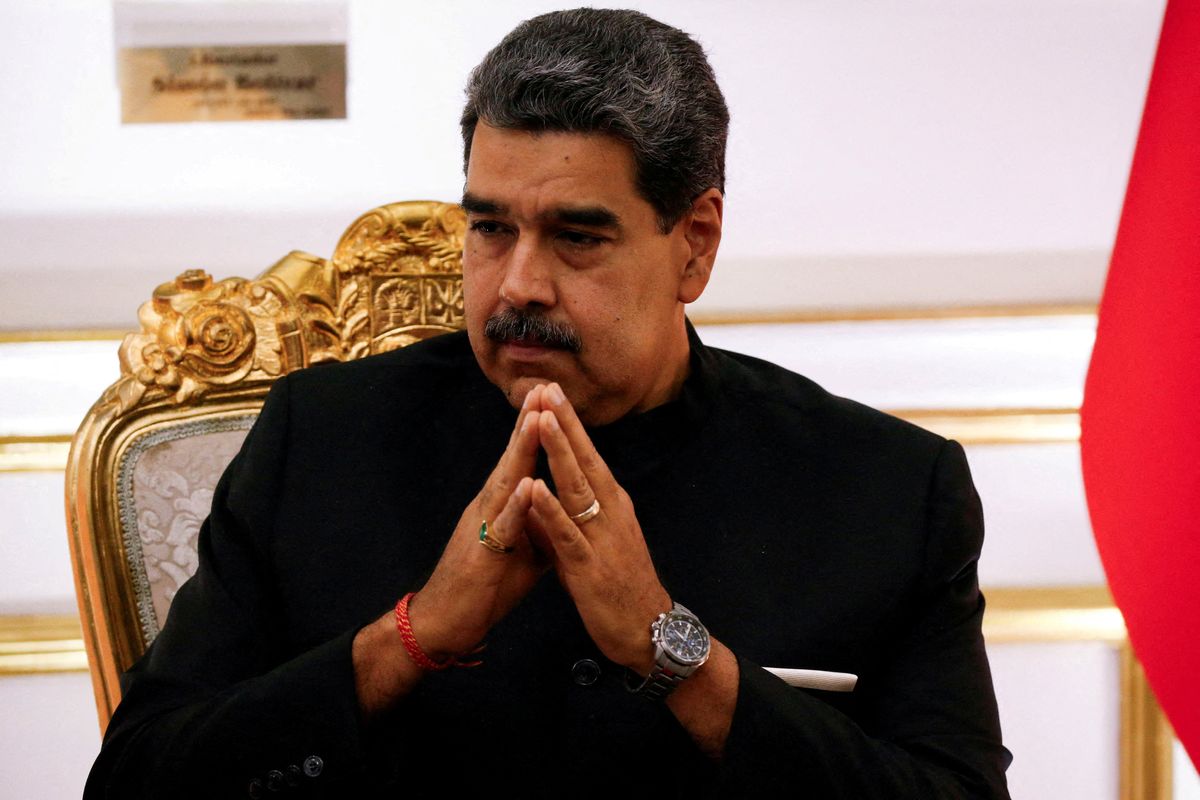The government of Nicolás Maduro has picked July 28 as the date for the next presidential election.
With the popular opposition candidate María Corina Machado banned from running because of financial impropriety charges that she says are bogus, late July leaves precious little time for Maduro’s opponents to coalesce around an alternative challenger.
That, of course, may be precisely the point.
That leaves two big questions: First, will the US judge that this move violates the “free and fair elections in exchange for sanctions relief” deal struck between Caracas and Washington last year? If so, the Biden administration will have to slap tough sanctions back onto the energy sector in oil-rich Venezuela.
Second, is Maduro overplaying his hand? By squeezing the opposition so brazenly, he risks triggering big protests if the election is seen as a sham.
But five years after surviving street protests of hundreds of thousands (and a mass exodus of millions more) over unfair elections, Maduro is betting that this time around most of those who would challenge him are already either politically exhausted or permanently exiled. Vamos a ver.



















